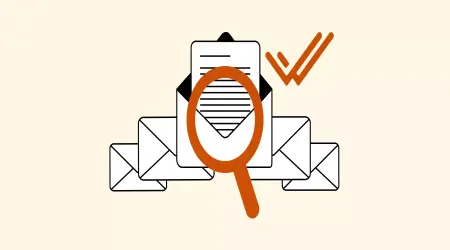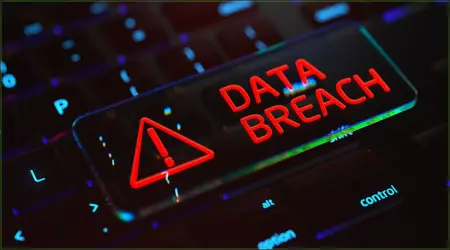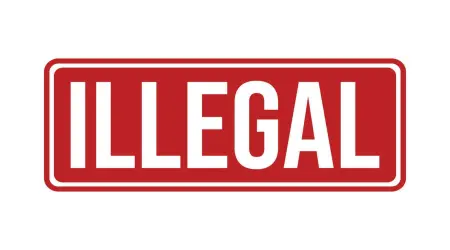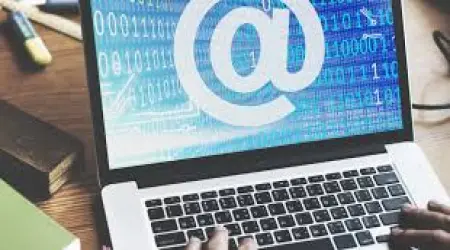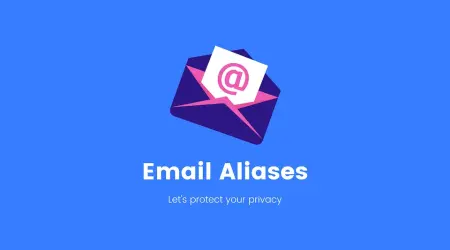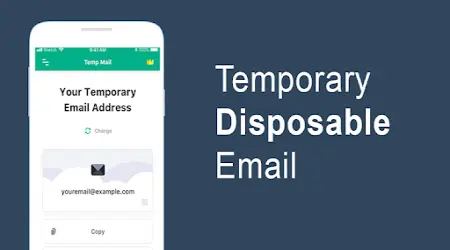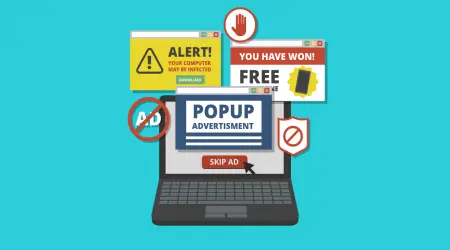

Are Disposable Emails Safe? Pros and Cons You Need to Know
Disposable or temporary emails have become popular tools for protecting privacy and keeping inboxes spam-free. They’re quick, easy to use, and require no personal information to set up. But like any tool, they come with both advantages and disadvantages. If you’ve ever wondered whether disposable emails are safe, here’s what you need to know.
The Pros of Disposable Emails
Spam Protection – One of the biggest benefits is shielding your main inbox from spam and promotional clutter. Once the disposable address expires, unwanted messages are gone with it.
Privacy and Anonymity – You don’t need to share your real email address, which protects your identity and reduces the risk of your personal data being exposed.
Quick and Convenient – No sign-up process, no password—just an instant email address ready for use.
Useful for Testing – Great for trying out websites, apps, or free trials without commitment.
The Cons of Disposable Emails
No Long-Term Access – Since most disposable emails expire within minutes or hours, you can lose access to important messages if you’re not careful.
Not Always Secure – Many services make inboxes public, meaning anyone with the same address can view your messages.
Blocked by Some Websites – Some platforms detect and reject disposable emails, forcing you to use a real address.
Limited Features – Unlike traditional email accounts, disposable ones don’t allow for storage, folders, or long-term communication.
Are They Really Safe?
Disposable emails are generally safe for short-term use, especially when you want to protect your personal information. However, they are not suitable for accounts that require ongoing access, like banking, work, or important subscriptions. The key is to use them wisely: for temporary needs, they’re a valuable privacy tool; for permanent communication, stick with your trusted personal email.
Conclusion
The safety of disposable emails depends on how you use them. They’re excellent for reducing spam and staying anonymous online, but they’re not a replacement for a secure personal inbox. Think of them as a shield for short-term situations—not a long-term solution.
